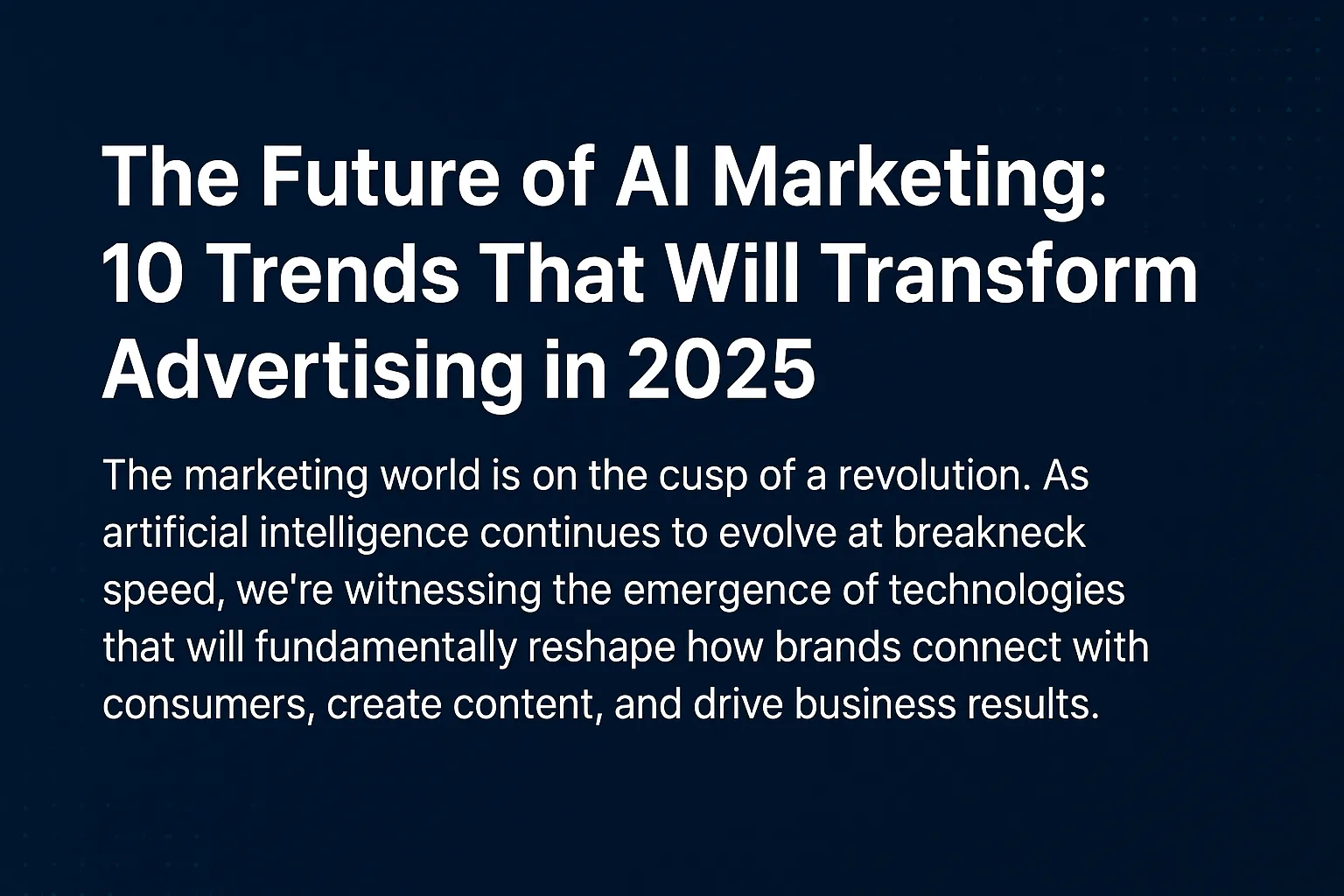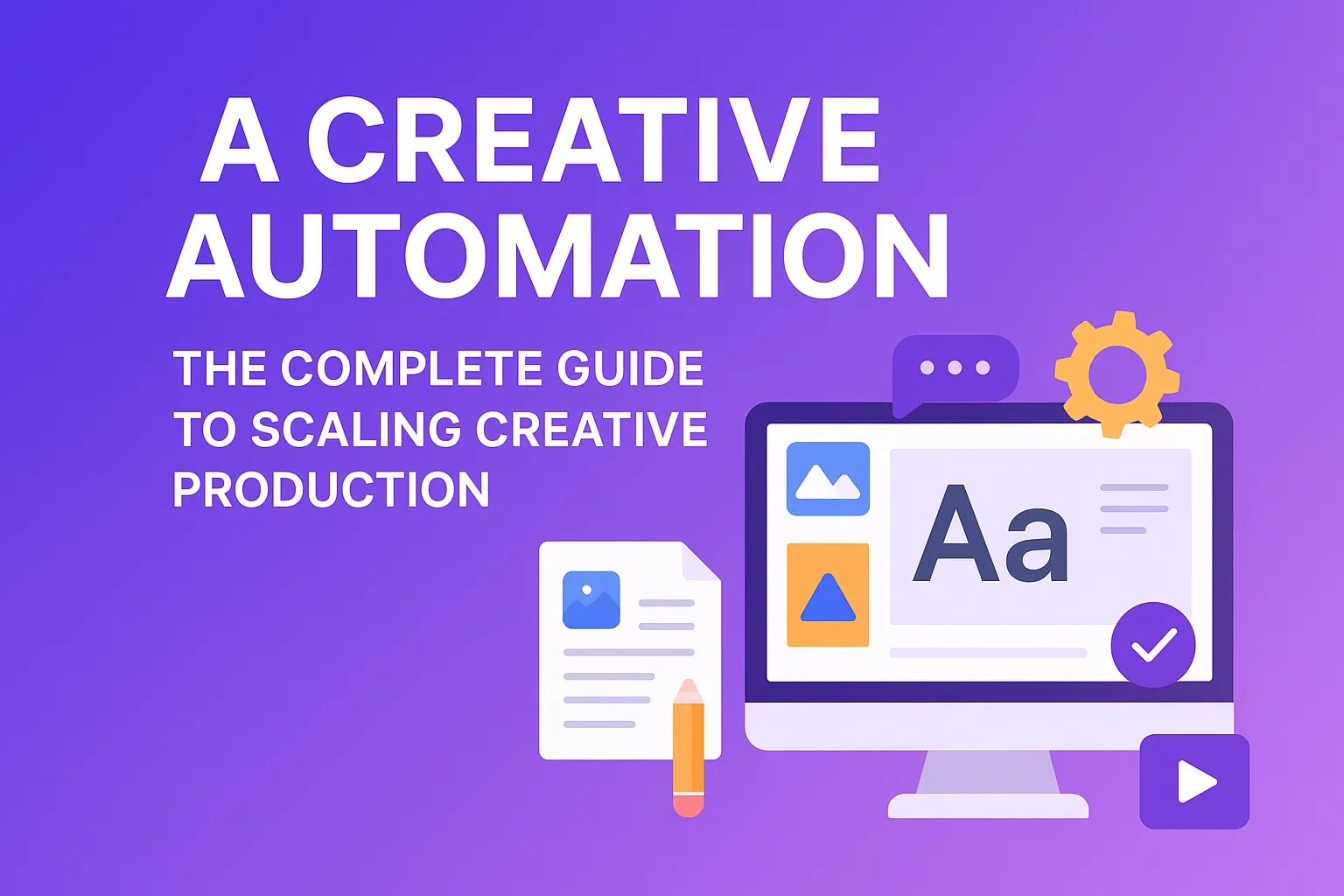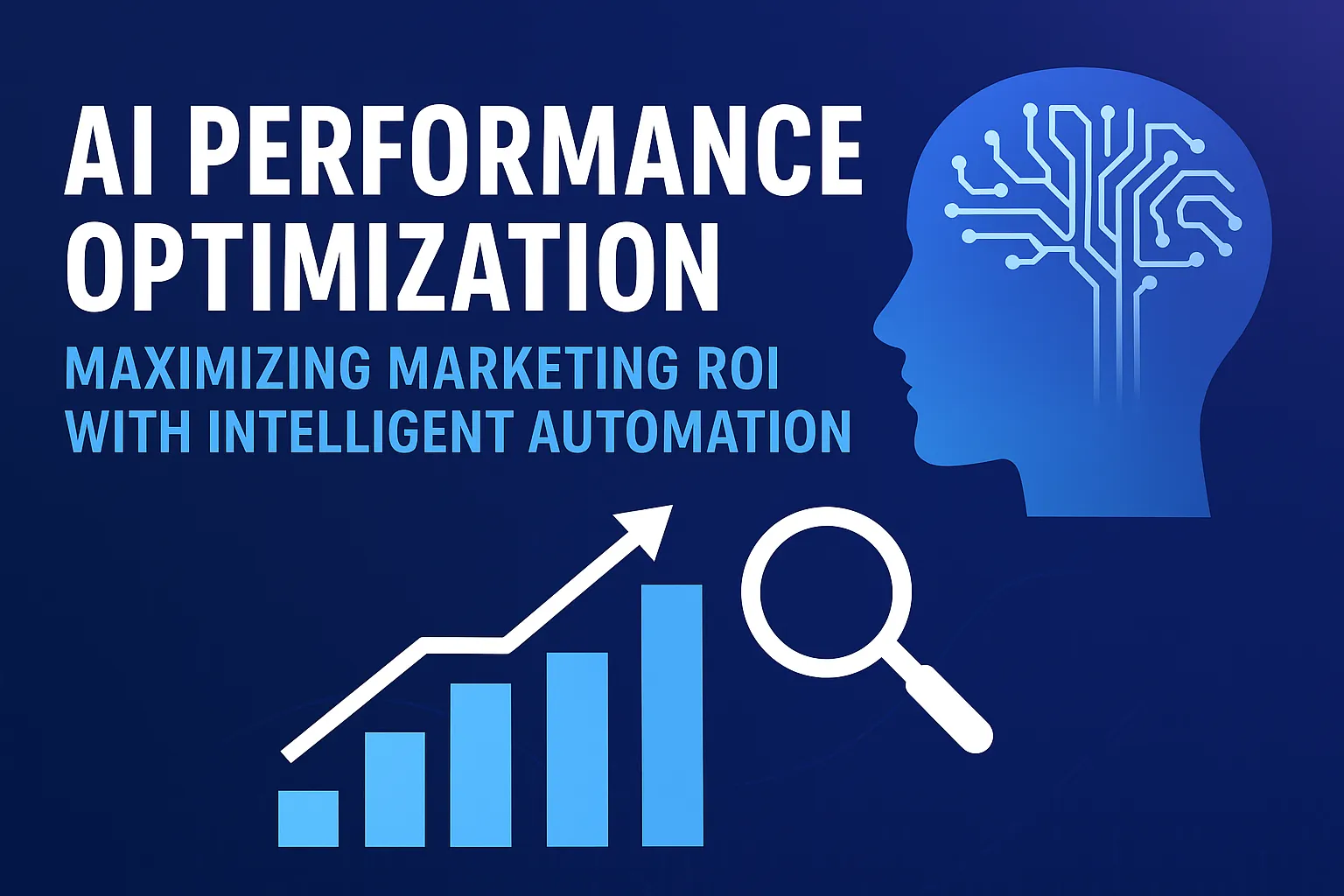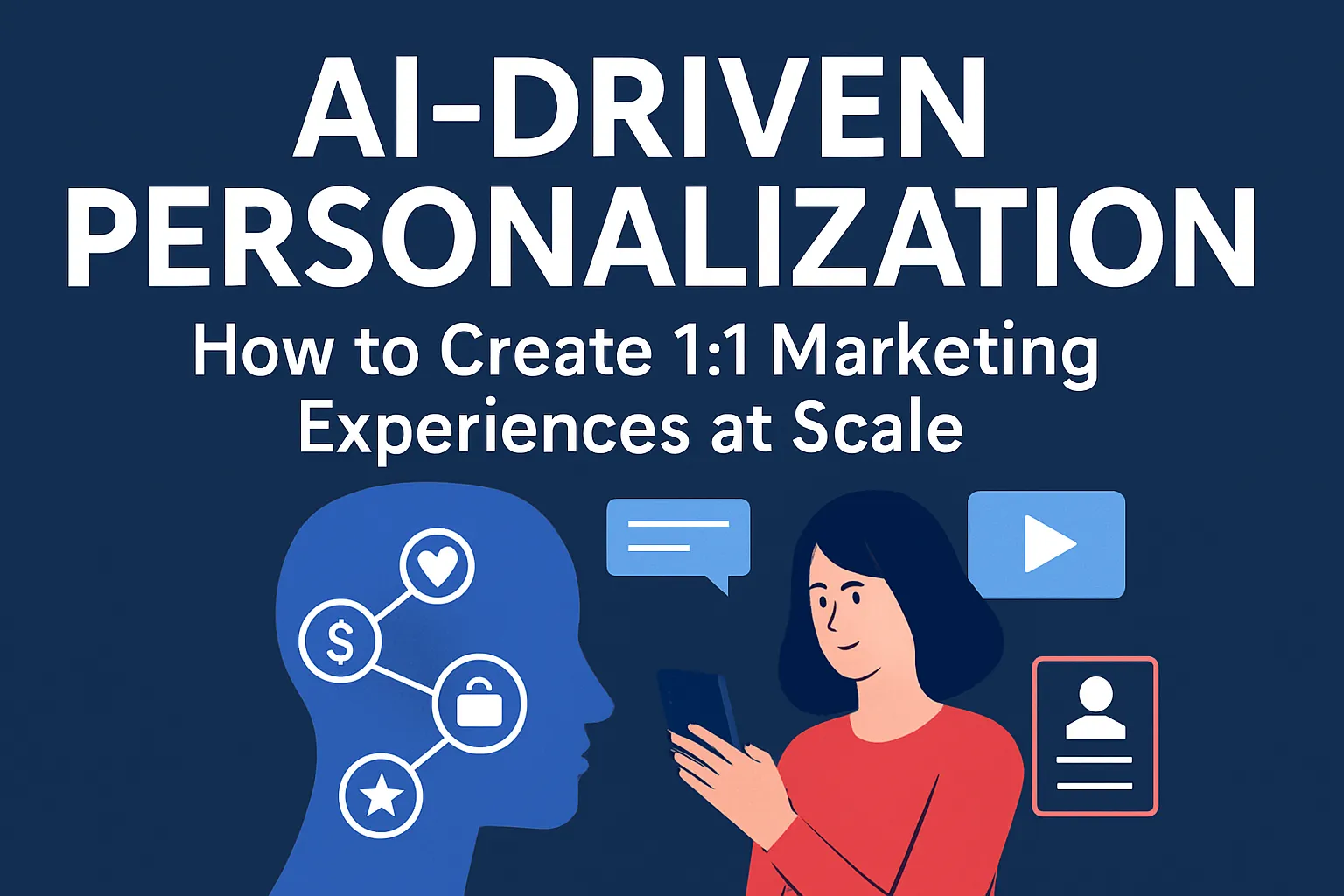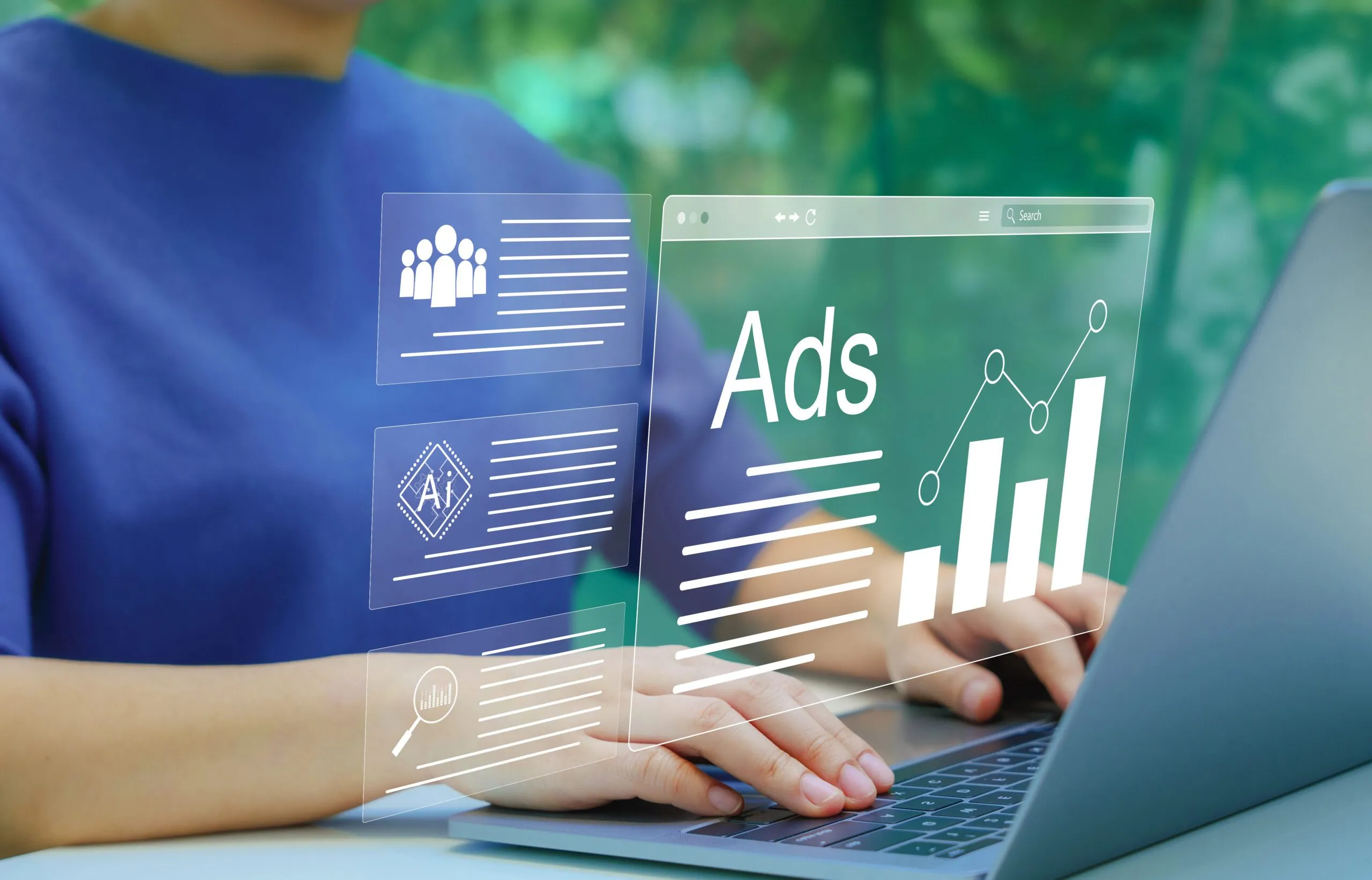The Future of AI Marketing: 10 Trends That Will Transform Advertising in 2025
The marketing world is on the cusp of a revolution. As artificial intelligence continues to evolve at breakneck speed, we’re witnessing the emergence of technologies that will fundamentally reshape how brands connect with consumers, create content, and drive business results.
From voice-powered commerce to emotion-based targeting, the future of AI marketing promises to be more personal, more intelligent, and more effective than ever before. Here are the 10 trends that will define the next era of marketing.
1. Voice Commerce and Conversational AI
Voice commerce is exploding, with 55% of households expected to own a smart speaker by 2025. AI is making voice interactions more natural and effective than ever.
What’s Coming
Advanced conversational AI:
- Natural language understanding that goes beyond simple commands
- Contextual conversations that remember previous interactions
- Multi-turn dialogues that can handle complex purchase decisions
- Emotional intelligence in voice interactions
Voice commerce optimization:
- AI-powered voice search optimization
- Conversational product recommendations
- Voice-activated customer service
- Audio advertising that adapts to user preferences
Real-World Impact
Brands like Domino’s and Starbucks are already seeing 20-30% of their digital orders come through voice channels. The future belongs to brands that can create seamless voice experiences.
2. Emotion AI and Sentiment-Based Marketing
AI is learning to read and respond to human emotions, opening up entirely new possibilities for marketing personalization.
Emerging Capabilities
Emotion detection:
- Facial expression analysis in video content
- Voice tone analysis in audio interactions
- Text sentiment analysis in social media and reviews
- Biometric data analysis for emotional state
Emotion-based optimization:
- Content that adapts to user’s emotional state
- Timing optimization based on emotional patterns
- Creative selection based on emotional resonance
- Customer service that responds to emotional cues
Business Applications
A travel company using emotion AI saw a 40% increase in booking rates by showing different destinations based on users’ current emotional state and stress levels.
3. Predictive Customer Journey Orchestration
AI is becoming sophisticated enough to predict and orchestrate entire customer journeys before they even begin.
Advanced Journey Management
Predictive journey mapping:
- AI that predicts the most likely customer paths
- Proactive content delivery at optimal moments
- Cross-channel journey optimization
- Churn prediction and prevention
Intelligent orchestration:
- Automated touchpoint coordination
- Dynamic content adaptation based on journey stage
- Real-time journey optimization
- Personalized experience delivery
The Future Vision
Imagine AI that knows a customer is likely to purchase a car in the next 6 months and begins delivering relevant content and offers at exactly the right moments, across all channels, without any manual intervention.
4. Hyper-Personalized Content Generation
AI is moving beyond simple personalization to create truly unique content for each individual user.
Next-Generation Personalization
Individual content creation:
- Unique articles, videos, and ads for each user
- Personalized product recommendations with custom descriptions
- Individualized email content that feels handwritten
- Custom social media posts based on user preferences
Contextual adaptation:
- Content that adapts to current events and trends
- Location-based personalization
- Time-sensitive content optimization
- Device-specific content adaptation
Technical Breakthroughs
New generative AI models can create thousands of unique content variations while maintaining brand consistency and quality standards.
5. Augmented Reality (AR) and Virtual Reality (VR) Marketing
AR and VR are becoming mainstream marketing channels, with AI powering immersive brand experiences.
Immersive Marketing Experiences
AR-powered shopping:
- Virtual try-on experiences for fashion and beauty
- AR product visualization for furniture and home goods
- Interactive product demonstrations
- Location-based AR experiences
VR brand experiences:
- Virtual showrooms and stores
- Immersive brand storytelling
- Virtual events and conferences
- VR-based product training and education
AI Integration
AI is making AR/VR experiences more intelligent and personalized:
- Real-time object recognition and interaction
- Personalized virtual environments
- Intelligent content recommendation in virtual spaces
- Emotion-based experience adaptation
6. Quantum Computing for Marketing Optimization
Quantum computing promises to solve optimization problems that are currently impossible for classical computers.
Revolutionary Capabilities
Complex optimization:
- Simultaneous optimization across thousands of variables
- Real-time portfolio optimization across all marketing channels
- Advanced attribution modeling with quantum algorithms
- Predictive modeling with unprecedented accuracy
New possibilities:
- Optimization of entire marketing ecosystems
- Real-time global campaign coordination
- Advanced personalization at massive scale
- Complex customer journey optimization
Early Applications
Companies like Google and IBM are already experimenting with quantum algorithms for marketing optimization, with early results showing 10x improvements in optimization speed and accuracy.
7. AI-Powered Influencer Marketing
AI is transforming influencer marketing from guesswork to science.
Intelligent Influencer Selection
AI-driven matching:
- Algorithmic influencer-brand matching
- Performance prediction for influencer partnerships
- Audience overlap analysis
- Authenticity and engagement scoring
Campaign optimization:
- Real-time influencer performance monitoring
- Automated content approval and optimization
- Cross-platform influencer coordination
- ROI prediction and optimization
The Future
AI will enable micro-influencer campaigns at scale, automatically identifying and managing thousands of small influencers for maximum impact and authenticity.
8. Privacy-First AI Marketing
As privacy regulations tighten, AI is evolving to deliver personalization without compromising user privacy.
Privacy-Preserving Technologies
Federated learning:
- AI that learns without accessing raw user data
- On-device processing for sensitive information
- Differential privacy for data analysis
- Zero-party data optimization
Consent-based personalization:
- AI that works with explicit user consent
- Transparent data usage and benefits
- User-controlled personalization levels
- Privacy as a competitive advantage
Business Impact
Brands that master privacy-first AI marketing will build stronger customer relationships and avoid regulatory penalties while still delivering personalized experiences.
9. Real-Time Marketing Automation
AI is enabling marketing automation that responds to events and trends in real-time.
Instant Response Capabilities
Event-driven marketing:
- Automatic campaign adjustments based on news and trends
- Real-time competitor response
- Weather and location-based optimization
- Social media trend integration
Dynamic campaign management:
- Real-time budget reallocation
- Instant creative updates
- Automatic audience adjustments
- Live performance optimization
The Speed Advantage
Brands that can respond to market changes in real-time will have a significant competitive advantage over those that rely on manual processes.
10. AI-Human Collaboration
The future isn’t about AI replacing humans—it’s about AI and humans working together to achieve unprecedented results.
Collaborative Intelligence
AI-augmented creativity:
- AI that enhances human creative processes
- Collaborative content creation
- AI-powered creative inspiration
- Human-AI creative teams
Intelligent decision support:
- AI that provides insights and recommendations
- Human oversight of AI decisions
- Collaborative strategy development
- AI-powered market research and analysis
The Human Advantage
The most successful marketing teams will be those that learn to work effectively with AI, combining human creativity and intuition with AI’s analytical power and speed.
Preparing for the Future
1. Invest in Data Infrastructure
The future of AI marketing depends on robust data infrastructure that can handle increasing complexity and volume.
Key investments:
- Real-time data processing capabilities
- Unified customer data platforms
- Privacy-compliant data management
- Cross-platform data integration
2. Build AI Expertise
Your team needs to understand AI capabilities and limitations to use it effectively.
Skills to develop:
- AI literacy across your marketing team
- Data science and analytics capabilities
- AI tool evaluation and selection
- Human-AI collaboration techniques
3. Experiment with New Technologies
The AI marketing landscape is evolving rapidly. Early experimentation gives you a competitive advantage.
Experimentation areas:
- Voice commerce and conversational AI
- AR/VR marketing experiences
- Emotion AI and sentiment analysis
- Advanced personalization techniques
4. Focus on Privacy and Trust
As AI becomes more powerful, maintaining customer trust becomes more important.
Trust-building strategies:
- Transparent AI usage
- Privacy-first approaches
- Customer control over personalization
- Ethical AI practices
The Competitive Advantage
The brands that embrace these AI marketing trends early will have significant competitive advantages:
- Faster response times to market changes
- More personalized experiences that drive engagement
- Better customer insights for strategic decisions
- Improved efficiency and cost-effectiveness
- Stronger customer relationships built on trust and value
Getting Started Today
The future of AI marketing is already here. The question isn’t whether to adopt these technologies—it’s how quickly you can get started.
Your next steps:
- Assess your current AI capabilities
- Identify the trends most relevant to your business
- Start with pilot programs in high-impact areas
- Scale successful strategies across your marketing operation
The future belongs to brands that can harness the power of AI to create more intelligent, more personal, and more effective marketing experiences. The time to start is now.
Ready to prepare for the future of AI marketing? Discover how Adomate’s cutting-edge AI platform can help you implement these trends and stay ahead of the competition.

